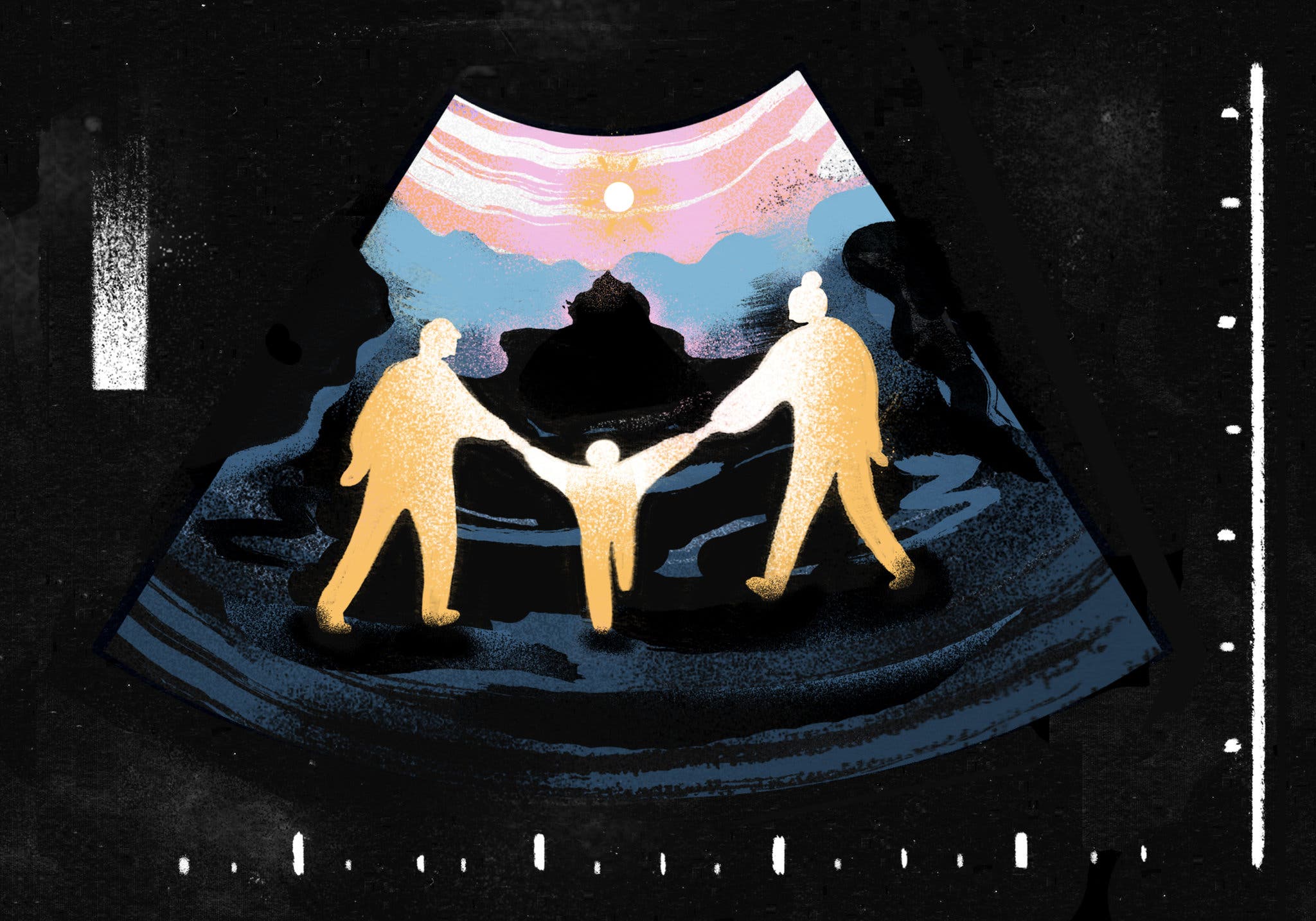Understanding Down syndrome within the context of African American genetics necessitates navigating both scientific data and cultural perceptions. Down syndrome, a genetic condition caused by the presence of an extra chromosome 21, transcends ethnicity. However, a plethora of misconceptions tethered to cultural contexts influences the dialogue surrounding it, especially within the African American community.
The roots of Down syndrome trace back to cellular biology, yet the implications of its diagnosis extend far beyond the individual. Chromosomal disorders, including Down syndrome, occur universally. Statistically, the incidence rate is approximately 1 in 700 live births. While genetics underlie this condition, sociocultural frameworks significantly shape the understanding and acceptance of Down syndrome, particularly in minority groups.
Cultural relativism posits that one’s beliefs and practices should be understood based on that individual’s culture rather than be judged against the criteria of another. When exploring the African American experience with Down syndrome, this notion becomes essential. Tensions between scientific understanding and cultural beliefs often create a chasm rich in misunderstanding. Some may erroneously believe that Down syndrome is disproportionately prevalent in African American populations; this misconception can stem from a variety of sources including socio-economic factors, access to healthcare, and historical stigmas surrounding disability.
The historical and systemic inequities faced by African Americans cannot be overlooked. Disparities in healthcare access and educational opportunities have long perpetuated myths around genetics and disability. For instance, rates of prenatal care in African American communities have been well documented, often pointing to lower uptake due to economic constraints and beliefs surrounding healthcare intervention. This lack of engagement in prenatal care may inadvertently foster the notion that certain genetic conditions are exclusive to those communities, an idea that could not be more inaccurate.
Conversely, within African American culture, Down syndrome might be viewed through an intricate lens of belief systems and traditions. For some, disability may invoke connotations of familial responsibility and an obligation to care for those who are perceived as vulnerable. This cultural conception could engender a protective perspective, emphasizing familial cohesion over stigmatization. However, it can also lead to tension — where the desire to nurture clashes with the fear of societal ostracism.
One cannot overlook the significance of language as a cultural construct impacting perceptions surrounding Down syndrome. The vernacular used within different communities shapes attitudes. Terms that might seem innocuous in one context can evoke negative connotations in another. For instance, in some African American communities, the term “retardation” carries not only clinical weight but also an array of negative societal implications, shaping perceptions around individuals with disabilities. Linguistic shifts in preferences, championed by advocates, aim to de-stigmatize language, thus creating a more inclusive ethos.
Education emerges as a paramount factor in dismantling misconceptions surrounding Down syndrome. By fostering an environment where accurate information is disseminated, one can begin to dispel long-standing myths. It is imperative to incorporate culturally relevant curricula that resonate with African American communities to highlight their unique experiences and contributions. By addressing misconceptions transparently, one cultivates a sense of agency amongst families confronting Down syndrome and their associated challenges.
Furthermore, representation within media and literature plays a crucial role in shaping attitudes toward Down syndrome. The visibility of individuals with disabilities in African American narratives can be profoundly empowering. Literature and arts that portray authentic experiences can serve as catalysts for broader societal acceptance, challenging preconceived notions and transforming them into understanding.
Moreover, community engagement becomes critical. Grassroots organizations focusing on awareness and education around Down syndrome can bridge gaps in knowledge and foster support systems that affirm the dignity of individuals with differences. By promoting a narrative of shared experience and resilience, communities can collectively confront stigma while celebrating diversity.
Social networks are incredibly influential; thus, peer engagement can enhance acceptance and understanding. Community dialogues centered around Down syndrome can initiate honest discussions that confront fears and misconceptions, liberating narratives previously cloaked in silence. When fear transforms into dialogue, healing and understanding flourish.
In conclusion, the intersection of genetic predisposition and cultural perception regarding Down syndrome necessitates a delicate balance of understanding—all while grounded in scientific fact. By considering the cultural context, one can appreciate the intricate tapestry of beliefs that impact the African American experience with Down syndrome. Misconceptions abound, but through education, representation, and communal dialogue, it is possible to sculpt a more informed and compassionate viewpoint. In recognizing the extraordinary resilience within communities lies the potential for enlightenment, where every individual is embraced for their unique identity, Down syndrome included.
